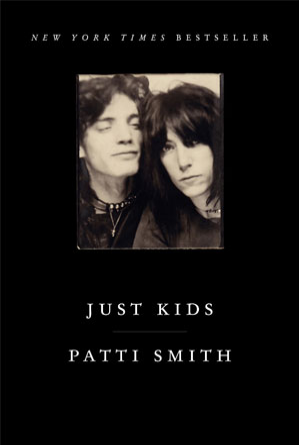By Leanna Pankratz (The Cascade) – Email
Print Edition: April 4, 2012
 “Swan, my mother said, sensing my excitement. It pattered the bright water, flapping its great wings, and lifted into the sky. The word alone hardly attested to its magnificence nor conveyed the emotion it produced. The sight of it generated an urge I had no words for, a desire to speak of the swan, to say something of its whiteness, the explosive nature of its movement, and the slow beating of its wings. The swan became one with the sky. I struggled to find words to describe my own sense of it. Swan, I repeated, not entirely satisfied, and I felt a twinge, a curious yearning, imperceptible to passersby, my mother, the trees, or the clouds.”
“Swan, my mother said, sensing my excitement. It pattered the bright water, flapping its great wings, and lifted into the sky. The word alone hardly attested to its magnificence nor conveyed the emotion it produced. The sight of it generated an urge I had no words for, a desire to speak of the swan, to say something of its whiteness, the explosive nature of its movement, and the slow beating of its wings. The swan became one with the sky. I struggled to find words to describe my own sense of it. Swan, I repeated, not entirely satisfied, and I felt a twinge, a curious yearning, imperceptible to passersby, my mother, the trees, or the clouds.”
It is in such passionate, delicate prose as this that renowned folk artist Patti Smith relays her past in the 2010 National Book Award winning memoir, Just Kids. Smith tells the story of her life as a poor, young New Jersey poet fascinated by the works and lives of Ginsberg, Baudelaire, Blake, and Rimbaud, who moved to New York to pursue art, and who would eventually meet a certain man named Robert Mappelthorpe, with whom she would enter a relationship that was perhaps the magnum opus of her life. Smith and Mappelthorpe would become artistic partners, muses, roommates and lovers, and Smith captures each of these essences with beauty and aplomb.
Smith’s writing is a true delight for any reader, as her brilliant word usage and descriptive language brings her memoir a step up from the standard “I did this, then I did that” language so prevalent in books of this sort. Instead, Smith relays her story with frenzied artistic anticipation, bitter melancholy and all the starry-eyed wonder of a kid who was also a brilliant artist finding her way through the maze of fame and love in New York. The swan passage cited earlier is just an example of the loveliness and insight that Smith offers readers.
The memoir functions almost as a scrapbook of the artist’s life. Included are descriptions of her star-struck meetings with such greats as Janis Joplin and Salvador Dali, as well as small, endearing anecdotes about her life with Mappelthorpe that bring to mind small but beloved trinkets that Smith has stored in the treasure trove that is her memories. She describes with decadent details an old lace Victorian dress, yellowed with time that was without a doubt her favourite garment. She fondly reminisces about the time when she cut Mappelthorpe’s hair or, in almost singsong prose, writes of the rooms and streets her story played out in. Just Kids often borderlines on art and life philosophy, which makes it not only a riveting read, but one that is enlightening, and leaves the reader feeling inspired to play out their own story.
There is no better title for her memoir than the one Smith chose, for it truly is the story of a girl and a boy who, at the time, were nothing but kids. The story occurs before Mappelthorpe was known for his sadomasochistic, shock-rendering photographic work that would be a milestone in his career. The tale is bittersweet. Patti Smith fondly remembers her time with Mappelthorpe, and we read the book knowing he passed away from AIDS in 1989. The memoir is a loving obituary to a time of innocence and discovery, and to the man she loved so dearly. The excerpted line, “we gathered our colored pencils and sheets of paper and drew like wild, feral children into the night, until, exhausted, we fell into bed,” is a vividly-real description of just who Smith and Mappelthorpe were in those early days.
In Just Kids, readers are treated to the story of not just a singer, but a true artist – a woman who thirstily drank up all life had to offer, and took childlike pleasure. It is a story of love, carpe diem, and a truly sensitive, artistic and beautiful mind.


